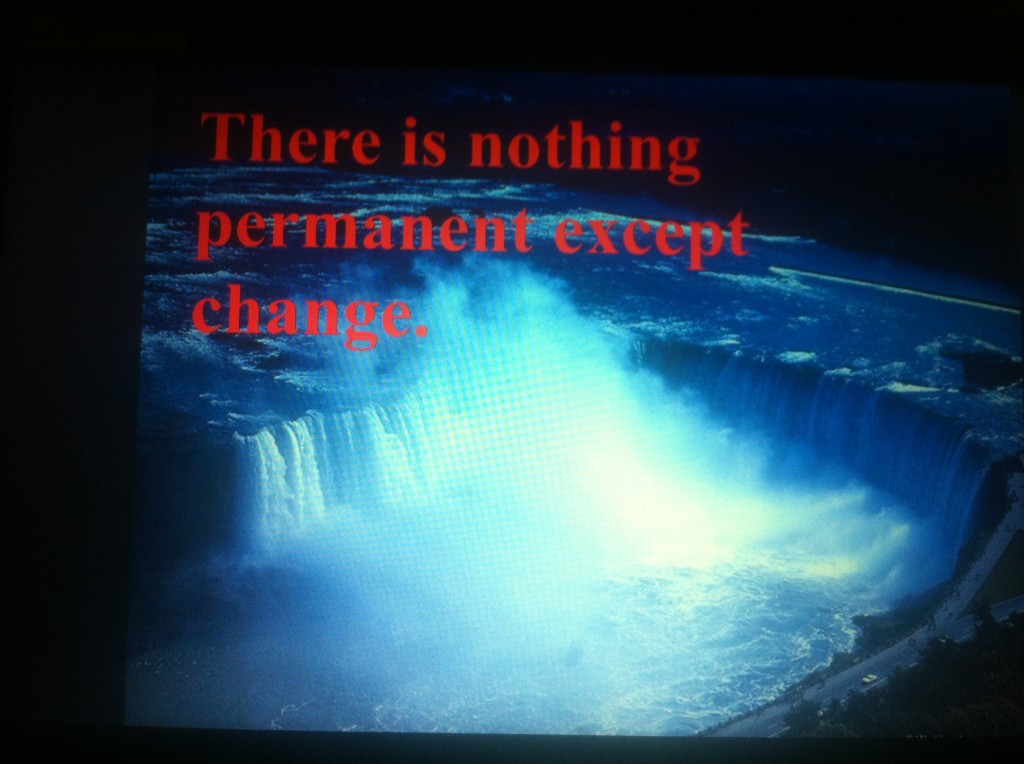Football is a team sport, but there is not always a team in football. The term team goes beyond its definition. The team is built, it’s a continuous work, it means to have the same idea in the minds of the players. When the youth coaches complain about drop-out, lack of commitment, lack of responsibility towards the teammates, each of them must wonder what he has really done to build team cohesion.
Often to reward their athletes, the coaches talk about good group, not knowing that beyond the terminologymistake, it’s a fundamental process that is skipped: the transition from the group to the team. In the absence of this process, the team does not exist. Where is the error?
The group is a group of individuals who have common goals, working together to achieve them. Switching from group to team means to transform the goals that people have in common in a unique common goal. What looks like just a turn of phrase, it’s actually a work that can escape the coach. Here are some rules of communication useful for working on the team:
- clarify individual and collective responsibilities,
- encourage continuous interaction,
- propose challenges,
- promote diversity,
- search and create alliances,
- motivate fatigue,
- celebrate success.
The work of the sports psychologist consists precisely to assist the coaches to become more and more aware of their communication style, helping to transform these simple rules in concrete acts.
Each coach must be professionally skilled, knowing that in the pitch it’s always the team to win.

Film – Goal (look the video from minute 53,32 to 55,10)
(by Daniela Sepio)










